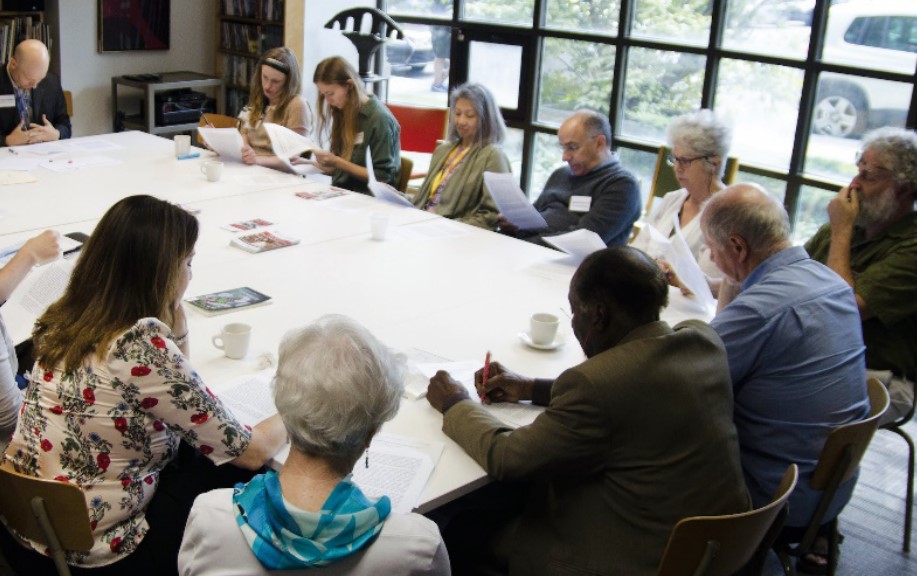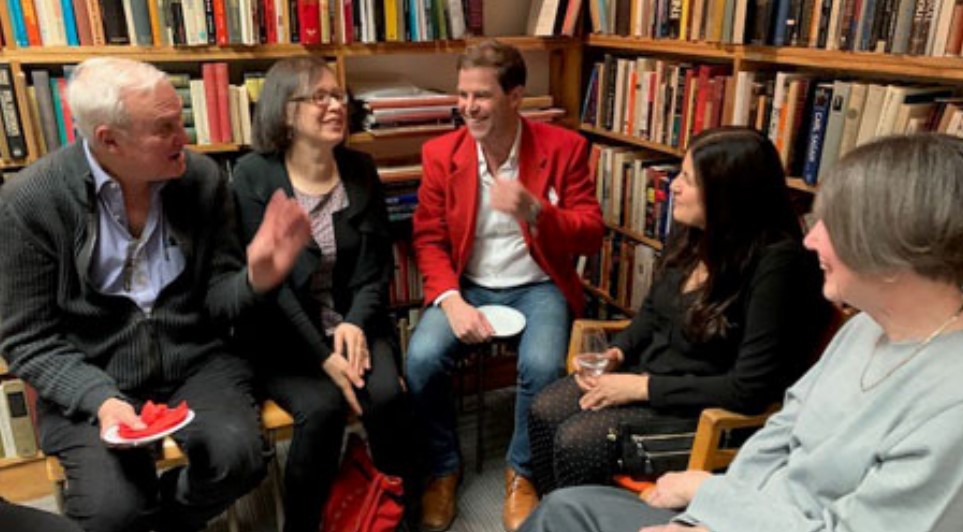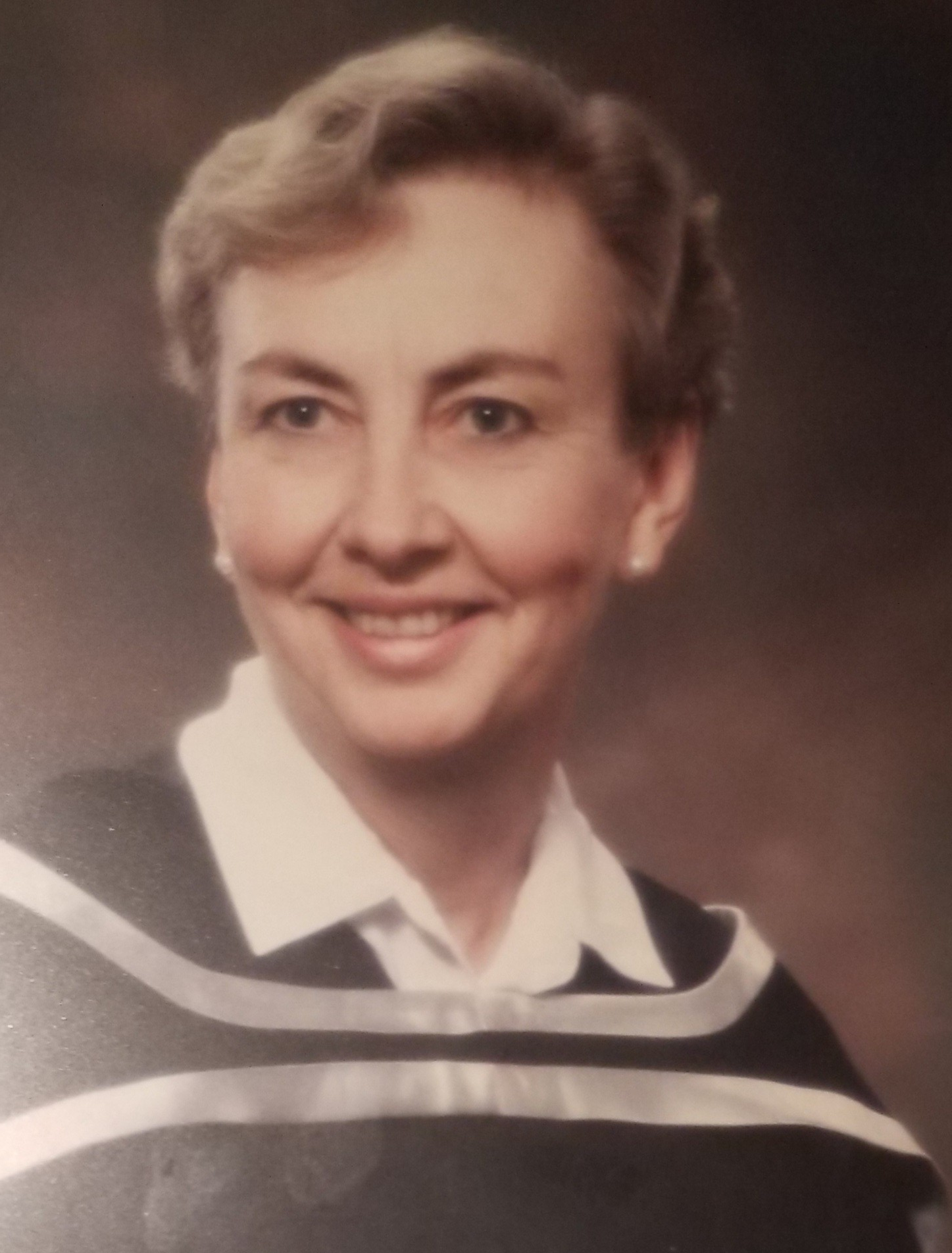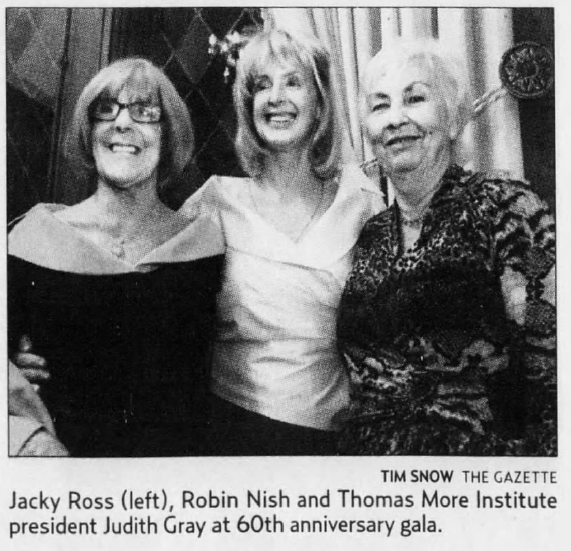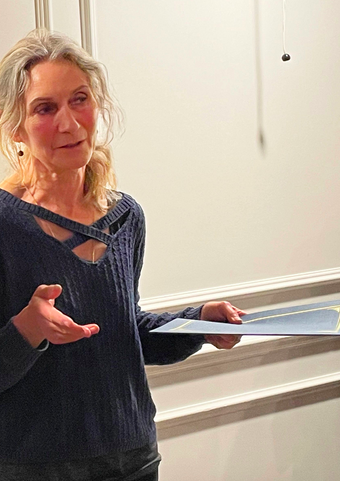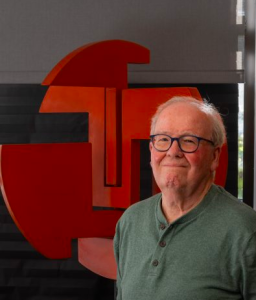The Thomas More Institute has a variety of courses on offer this spring. Whether you’re looking for a deep dive into literature or philosophy, or a shorter but no less compelling look at cultural topics, you will find something to tempt you. Sign up early; courses are filling quickly.
Twelve-Week Courses
A Disturbing Disquiet: The Fiction of Patricia Highsmith
Starts March 13 • Online • Thursdays 1:30 – 3:30 p.m.
Patricia Highsmith’s noir fiction will be the focus of this course that looks at this “poet of apprehension,” as Graham Greene once called her. Highsmith probes the underbelly of the human psyche, compelling her readers to reflect upon what dark secrets lurk within ordinary middle-class lives. Is there at the core of her writing an existential message about our post-modern condition – do we live in a moral vacuum where virtues are willingly shelved and amoral actions justified?
The Humanists: Exploring What It Means to Be Human
Starts March 10 • Atwater • Mondays 6:15 – 8:15 p.m.
What does it mean to be human? How did humanists envision the role of religion in our lives? How does our shared humanity transcend cultural and political borders? These and other questions will be explored in this course anchored by Sarah Bakewell’s new book Humanly Possible: Seven Hundred Years of Humanist Freethinking, Inquiry, and Hope.
Six-Week Courses
Imagining Medea: From Myth to Modernity
Starts April 17 • Atwater • Thursdays 6:15 – 8:15 p.m.
This course will consider the figure of Medea from Greek mythology and explore how her story has been reimagined and recontextualized from classical antiquity until the present day. What draws us to characters who commit horrifying acts of violence? Why is Medea associated with both creativity and destruction? How have modern writers reconceived her identity?
Repatriation of Cultural Artifacts: Ethical and Practical Considerations
Starts April 15 • Atwater • Tuesdays 1:30 – 3:30 p.m.
The joy of seeing the treasures of the world on display in the Louvre in Paris or the Met in New York or the British Museum in London belie a darker history of the acquisition of such artifacts. What is the role of the museum in modernity? Should works taken as trophies in an imperial age be returned to their homelands? What would it mean if the world’s greatest museums were emptied of their treasures?
Shakespeare in the Spring 2025: Light and Darkness in As You Like It and Macbeth
Starts April 15 • Atwater and Online • Tuesdays 1:30 – 3:30 p.m.
This year’s celebration of Shakespeare is a study of contrasts, looking at his lightest comedy, As You Like It, and his darkest of tragedies, Macbeth, both coming to the Stratford Festival this summer. We will explore these plays in depth, watching videos of scenes played by some of the best theatrical companies and reading interpretations by Emma Smith, Marjorie Garber, and others. Shakespeare’s plays become demystified, and their brilliance revealed as we explore them together.
Four-Week Courses
Starts May 1 • Atwater • Thursdays 1:30 – 3:30 p.m.
As Montreal prepares to welcome some of Jazz’s most prominent performers at our annual Jazz Festival, we will dive into an understanding of jazz music and its origins, from the descendants of African slaves to the early 20th century recordings of Louis Armstrong, on to the very latest jazz trends. The course will also survey the program of the Festival de Jazz International de Montréal, and concerts will be recommended.
Exploring Montreal’s Urban Nature
Starts April 18 • Atwater • Fridays 10:00 a.m. – 12:00 p.m.
Join us on a walking journey into the hidden wildness of our urban landscape during this four-week course that will allow us to experience nature within Montreal. The walks will run from 10:00 to noon, rain or shine, and will explore the following sites: Mount Royal, Parc des Rapides, the Falaise Saint-Jacques, and Angrignon Park.
Starts March 26 • Atwater and Montreal Museum of Fine Arts (MMFA) • Wednesday 10:00 a.m. – 12:00 p.m.
Anita Grants is back with another instalment of her popular course focusing on different highlights of the MMFA’s permanent collection. This spring, we will be looking at portraits and still life paintings. Two in-person lectures will introduce the works we will be looking at in subsequent museum visits. The week following each lecture, we will meet at the MMFA to engage with the art discussed directly.
